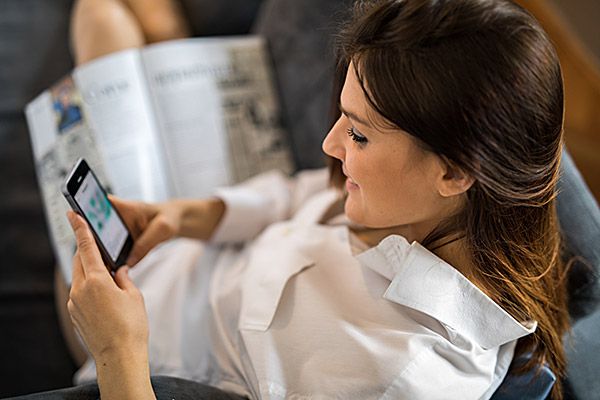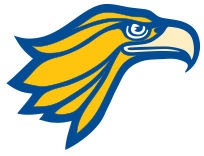I. Questions About P2P File Sharing.
What is P2P File Sharing?
Peer-to-Peer (P2P) file sharing occurs when one computer user stores a file on his or her computer, and then uses file-sharing software to enable other computer users to download the file onto their own computers. It is important to note that P2P file sharing can be performed legally; however, when P2P file sharing is done illegally and in violation of copyright laws, the computer user can be subject to severe penalties.
Can I File Share Using P2P Software?
The College prohibits infringements of copyright on its networks, including those that occur via P2P. This prohibition extends to any computer that is used to connect to the College’s network, even a computer located off-campus. The College considers a violation of this Procedure to be a violation of the Student Code of Conduct and/or the College Policy #1138 and Procedure #2130, and enforceable in accordance with that Code of Conduct and the College’s Policies and Procedures.
How Will Anyone Know If I Have Used P2P Software?
Owners of copyrighted materials (such as the Recording Industry Association of America) frequently track how their intellectual property/copyrighted material is distributed on the Internet. These owners search for a particular copyrighted work, and then when they locate it, they identify the Internet protocol (IP) address of the file sharer’s computer as well as the IP address of the individual whose computer receives the shared files.
What If A Friend Used My Computer To Upload Copyrighted Materials?
You are personally responsible for any violation of copyright law that happens using your IP address.
How Can I Make Sure That I Am Not Illegally P2P File Sharing?
The best way you can ensure this is to completely remove all P2P software from your computer. You can also reduce your risk by closely monitoring your use of P2P software and setting your user preferences which control uploading in the application.
Are There Any Legitimate Uses of P2P File Sharing?
There are a variety of situations where the users of P2P technologies have honorable intentions. Quite a number of content publishers (of music, books, movies, games, software, operating systems, etc.) use P2P technologies for legitimate business and academic uses, in order to efficiently distribute and/or receive large files that are in high demand. Examples include disk images/archives for operating systems, software applications, multimedia files, books., etc. What makes these uses of P2P file sharing legitimate (and therefore unlike other, illegal, uses of P2P file sharing) is that these materials are either released under a software license agreement that specifically permits the sharing of the associated content and materials, or there are no copyright restrictions in place regarding the materials.
II. Reasons to Avoid P2P File Sharing:
- P2P file sharing of copyrighted material is illegal.
Federal copyright law prohibits the sharing of copyrighted work without permission of the copyright owner. Actions can be brought against users of P2P software who illegally download in both criminal and civil court. - P2P file sharing can infringe copyright.
If you use P2P software to illegally share files, you maybe subject to legal action, including financial penalties. - P2P file sharing can violate College Policies and Procedures.
Disciplinary action may be taken by the College against any student who uses P2P software to illegally file share using the College network. - P2P file sharing can be dangerous.
P2P software can bypass the security on your computer’s operating system and open your entire computer (and the personal information you have stored on it) to the rest of the Internet. It can expose your computer and the College’s network to threats, which may disable your computer, or the College’s network.
III. The College Plans to Effectively Combat the Unauthorized Distribution of Copyrighted Materials By Users of Its Networks As Follows:
In accordance with the Higher Education Opportunity Act of 2008, the College uses a technology-based deterrent to combat the unauthorized distribution of copyrighted materials by its network users. Specifically, the College uses “Audible Magic CopySense;” this program “listens” for the digital “signatures” of known copyrighted materials and will assist the College in eliminating unauthorized P2P traffic on its networks. The College, when it discovers any illegitimate use of P2P file sharing, will immediately redirect such users of its network off of the web and to a warning page; a graduated warning system will also be used in order to immediately notify users of illegitimate P2P files of their wrongdoing, and attempt to alter improper and illegal user habits.
IV. Resources for Legal Downloading of Copyrighted Material.
Remember
- Just because content is free doesn't mean it's illegal.
- Just because content is not free doesn't mean it's legal.
Go to https://mynpc.npc.edu/ics/Legal_Downloads.jnz for a listing of resources for the legal downloading of copyrighted materials.





